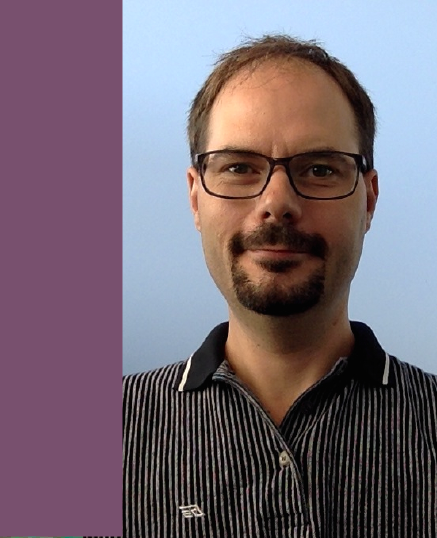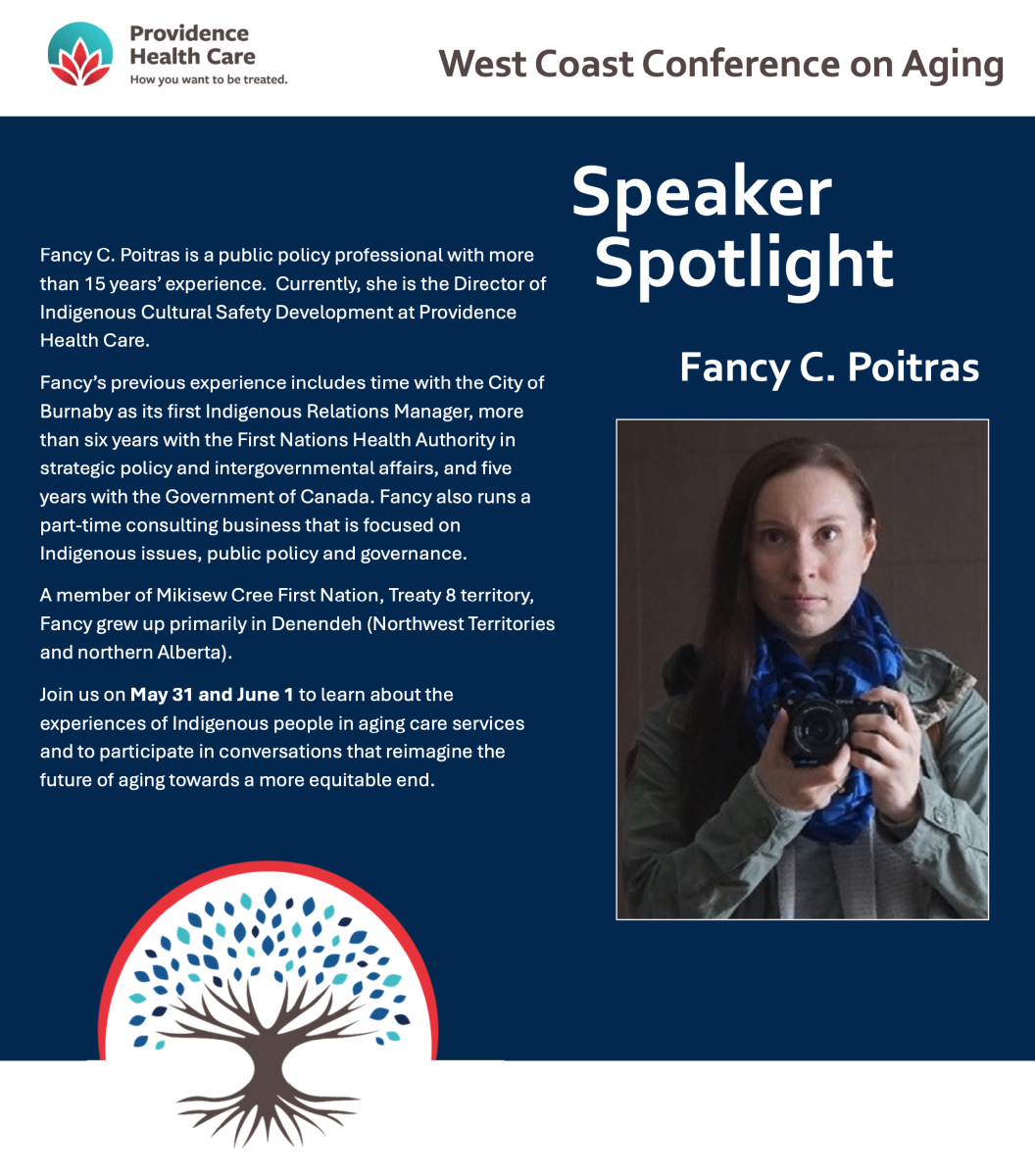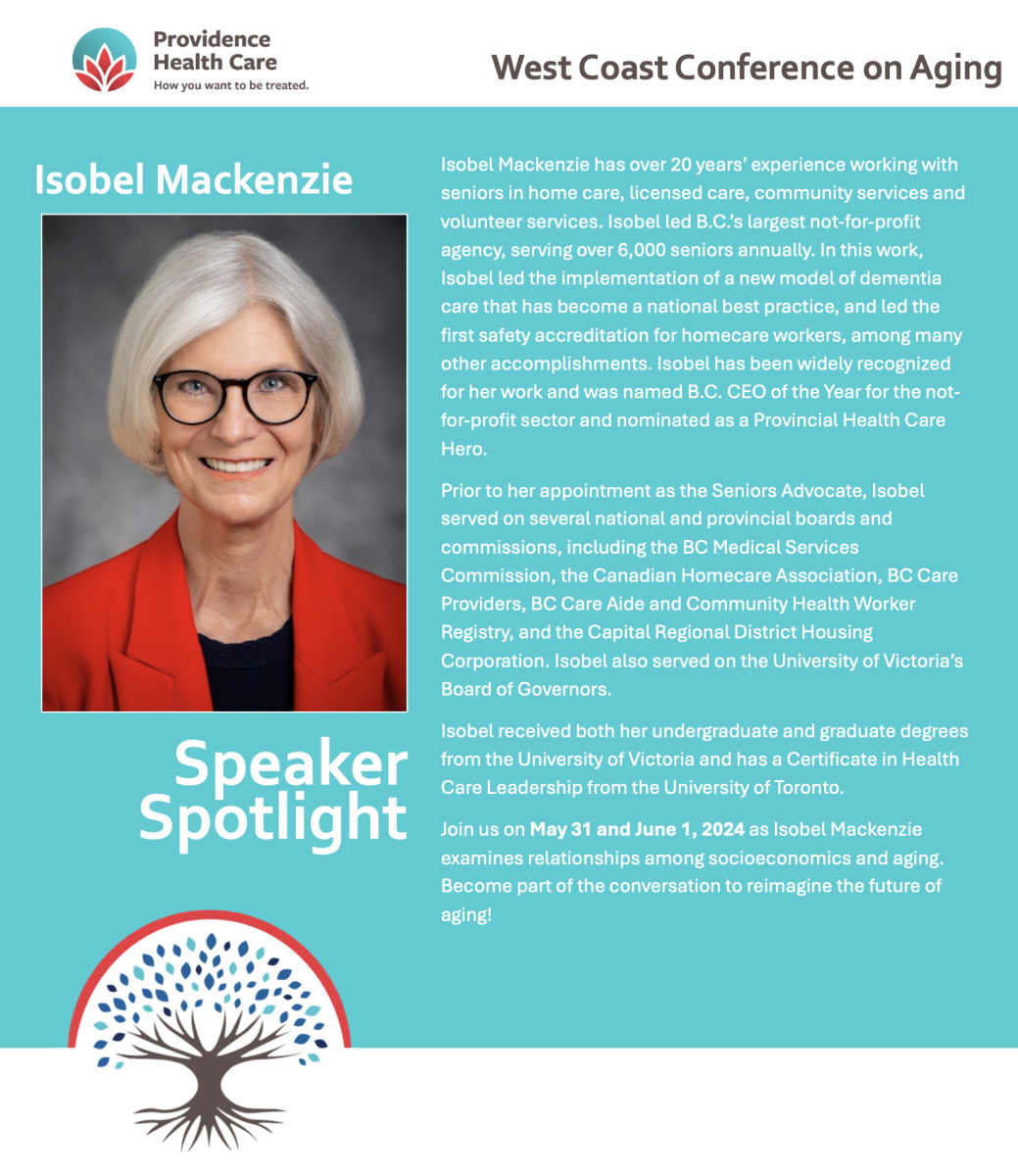Dr. Glenn Landry
Keynote: Sleep Matters
Sleep is vital for optimal health and well-being. Poor sleep quality is associated with increased risk, progression, and severity of obesity, diabetes, cardiovascular disease, and dementia.
Our brain is like an engine, and during the day when it’s active it produces waste. Recent advances in neuroscience have established that sleep washes our brain of the day’s waste. We now know the consequences of poor sleep quality are a long process – beginning in our 40’s – decades before we become aware of them.
Unfortunately, sleep changes as we get older, both in terms of decreased quality and quantity. These changes matter because they can accelerate cognitive decline and decrease quality of life. Sleep durations less the 6½ hours are predictive of early cognitive decline.
Poor sleep is common for older adults. More than half of adults 65+ have at least one chronic sleep complaint, the most common being an inability to sustain sleep through the night, followed closely by chronic complaints of excessive daytime sleepiness.
Historically, declines in sleep quality and cognitive function have been accepted as a normal course of aging. Indeed they are normal, but they need not be an inevitable course of aging. The latest sleep science suggests we can and should improve our sleep!
Biography
Glenn Landry has studied circadian rhythms and sleep for over 20 years. He completed his graduate research at Simon Fraser University, examining circadian mechanisms of entrainment, supervised by Dr. Ralph Mistlberger and supported by grants from MSFHR and NSERC. He then focused his research efforts on sleep, aging and cognition as a CIHR postdoctoral fellow in Dr. Teresa Liu-Ambrose’s Aging, Mobility, and Cognitive Neuroscience Lab at UBC. His research there explored age-related changes in sleep duration, efficiency and architecture that contribute to or accelerate cognitive decline in the elderly. As an academic, Glenn’s goal was to develop chronotherapeutic interventions capable of delaying cognitive decline in the elderly, with the objective of improving quality of life, productivity, and extending capacity for independent living. Now in private practice, Glenn is a sleep coach. He works with older adults, shift workers, and parents to improve physical and mental health through better sleep quality by translating sleep science into practical interventions tailored for each client.
Video Presentation
Sleep Matters: Improving Sleep Quality for Older Adults (26th John K. Friesen Conference, 2017)
Publications
Goggle Scholar (a list of publications)
Frontiers in Aging Neuroscience (featured articles)



